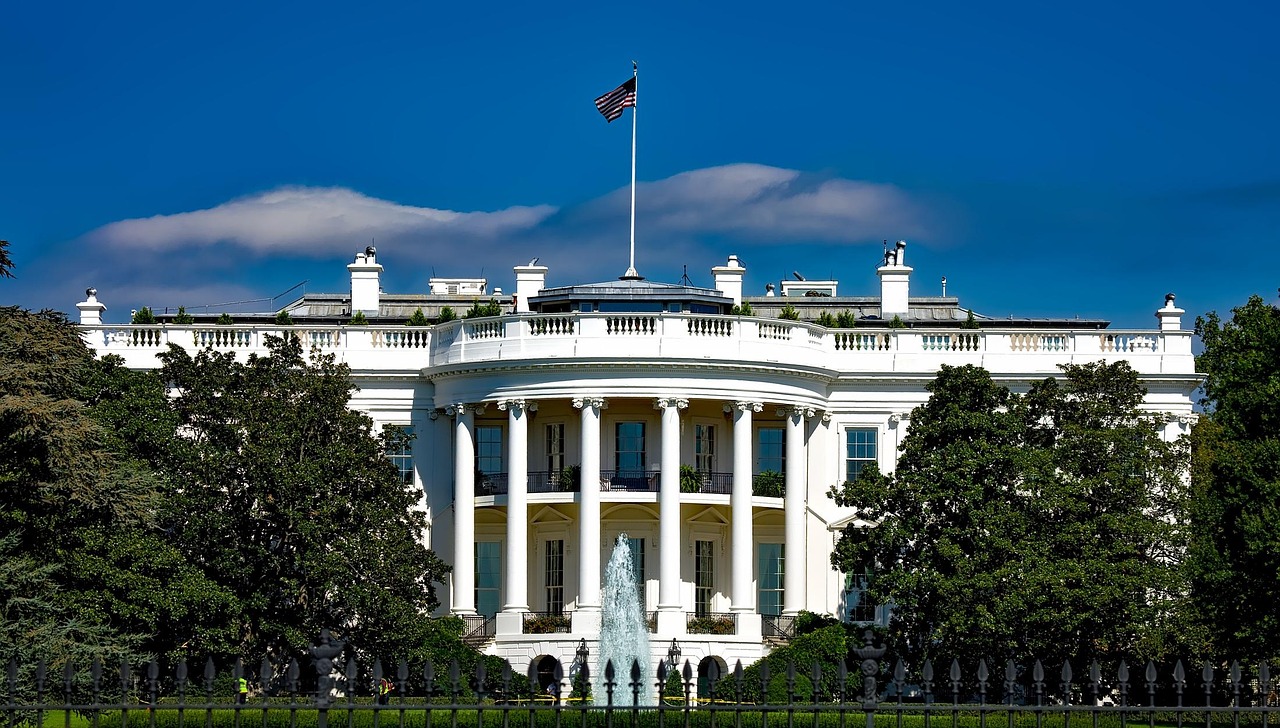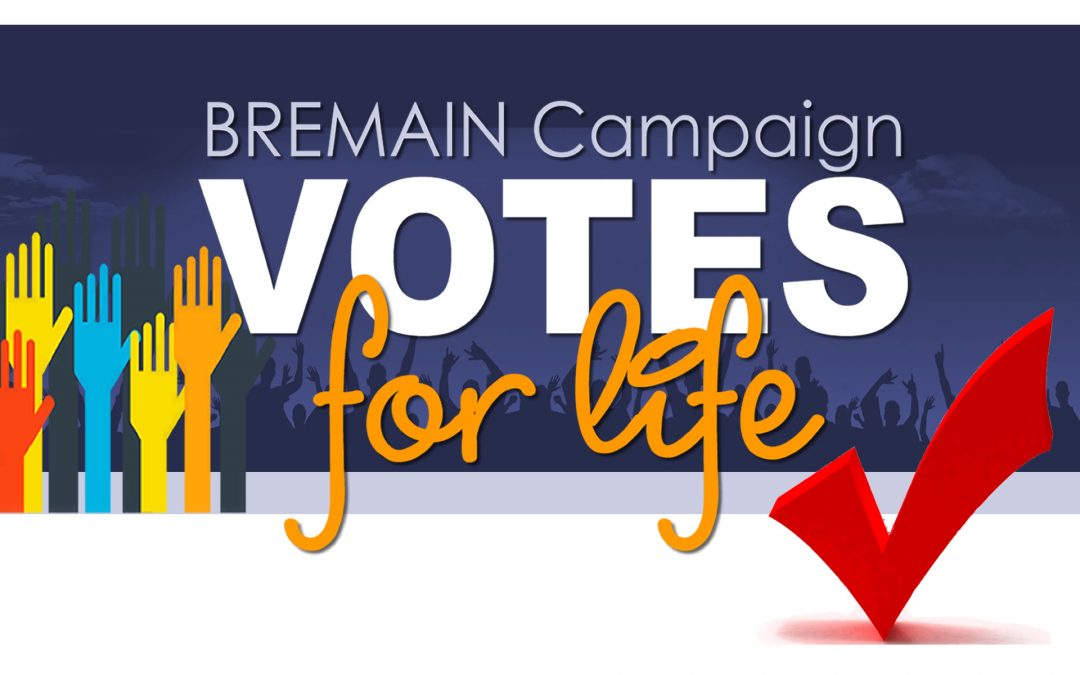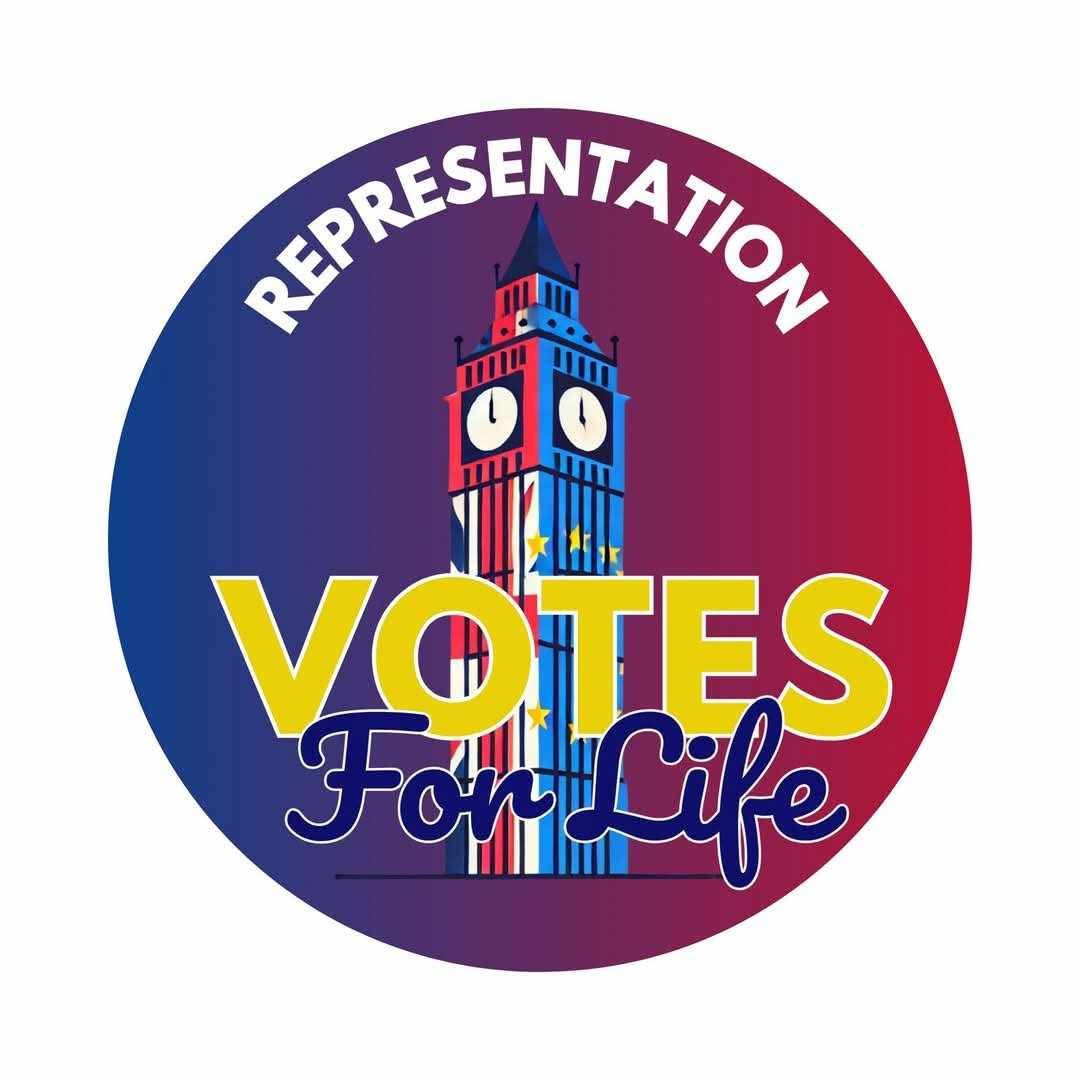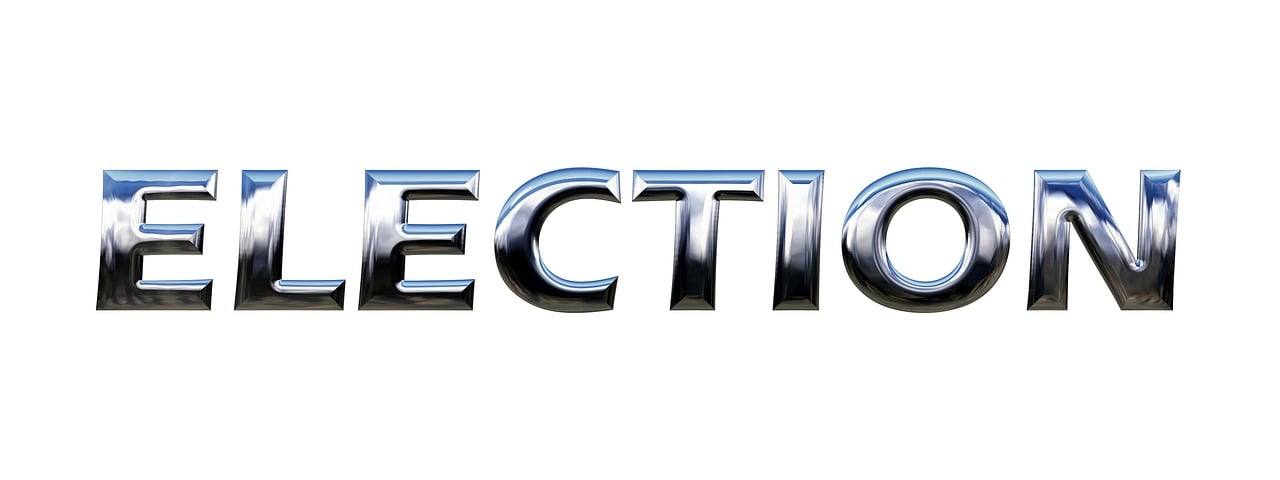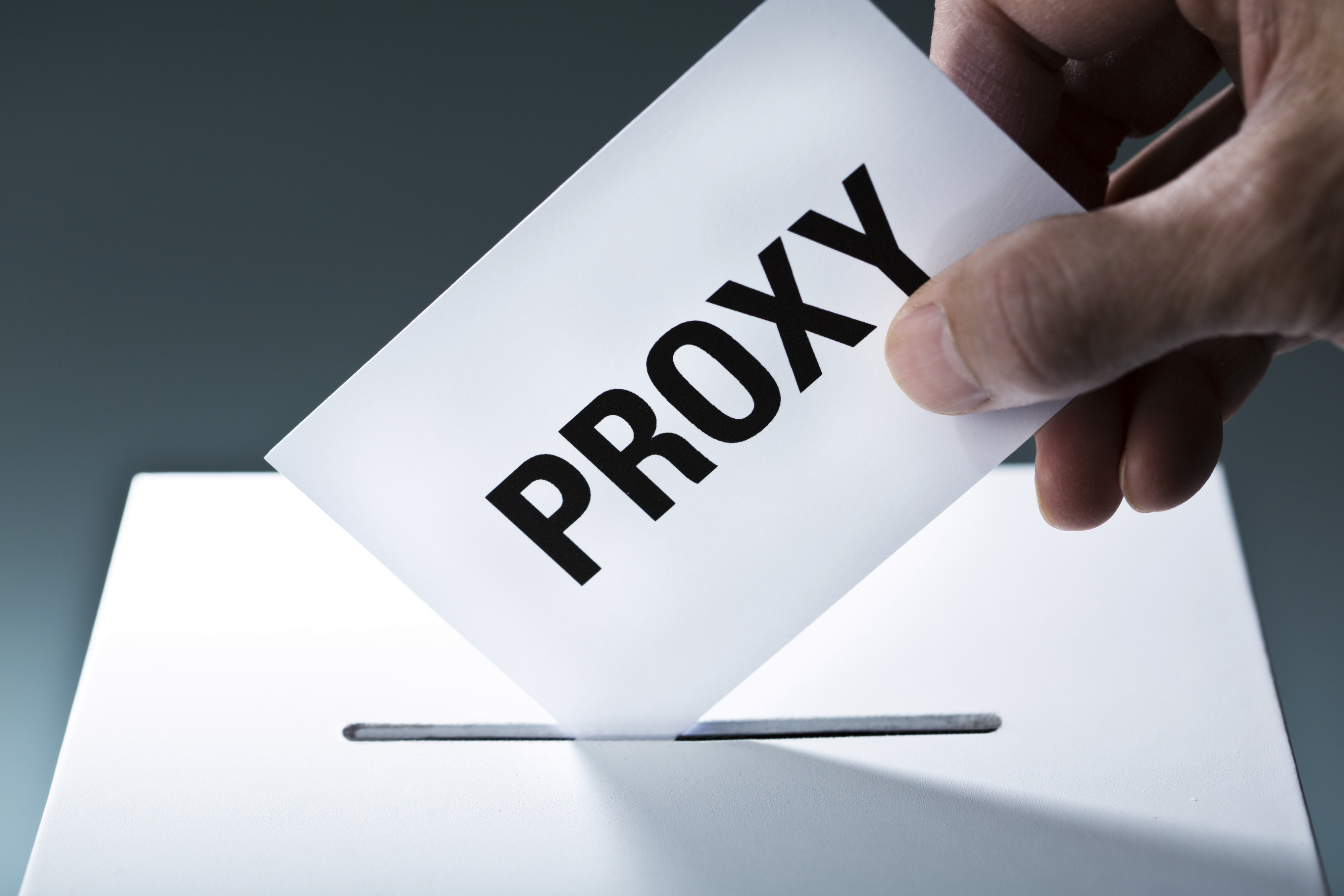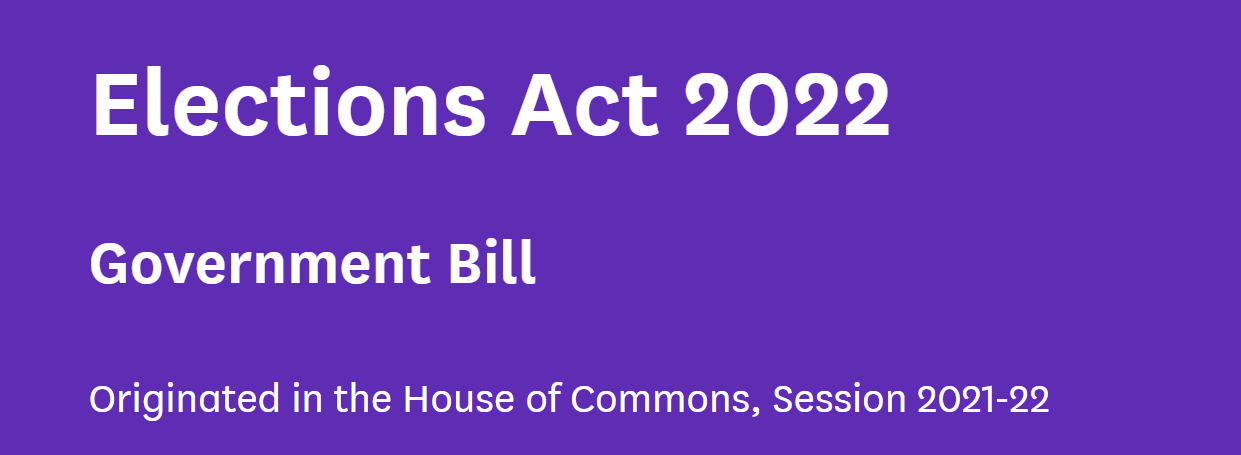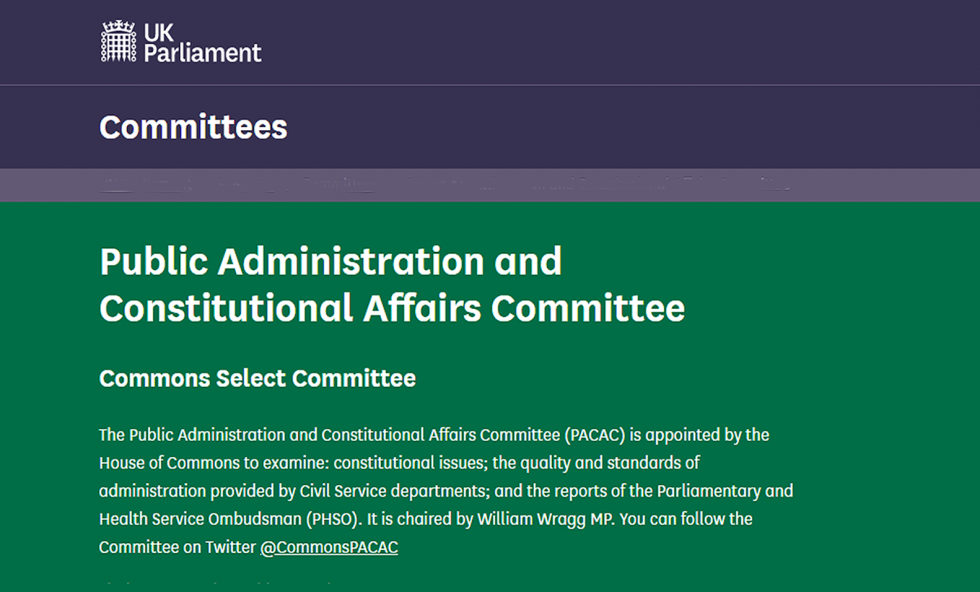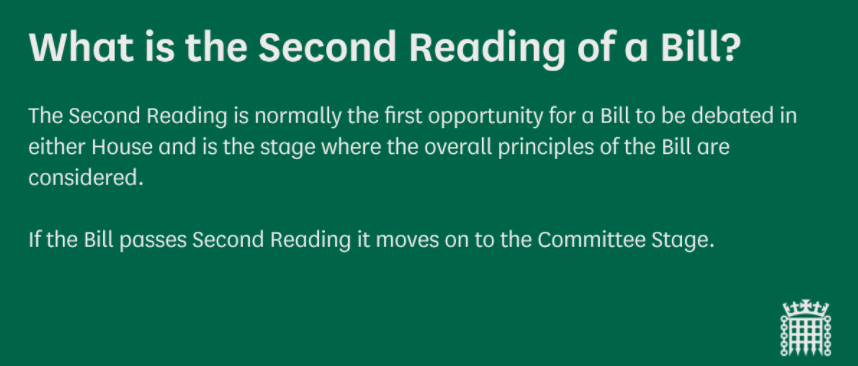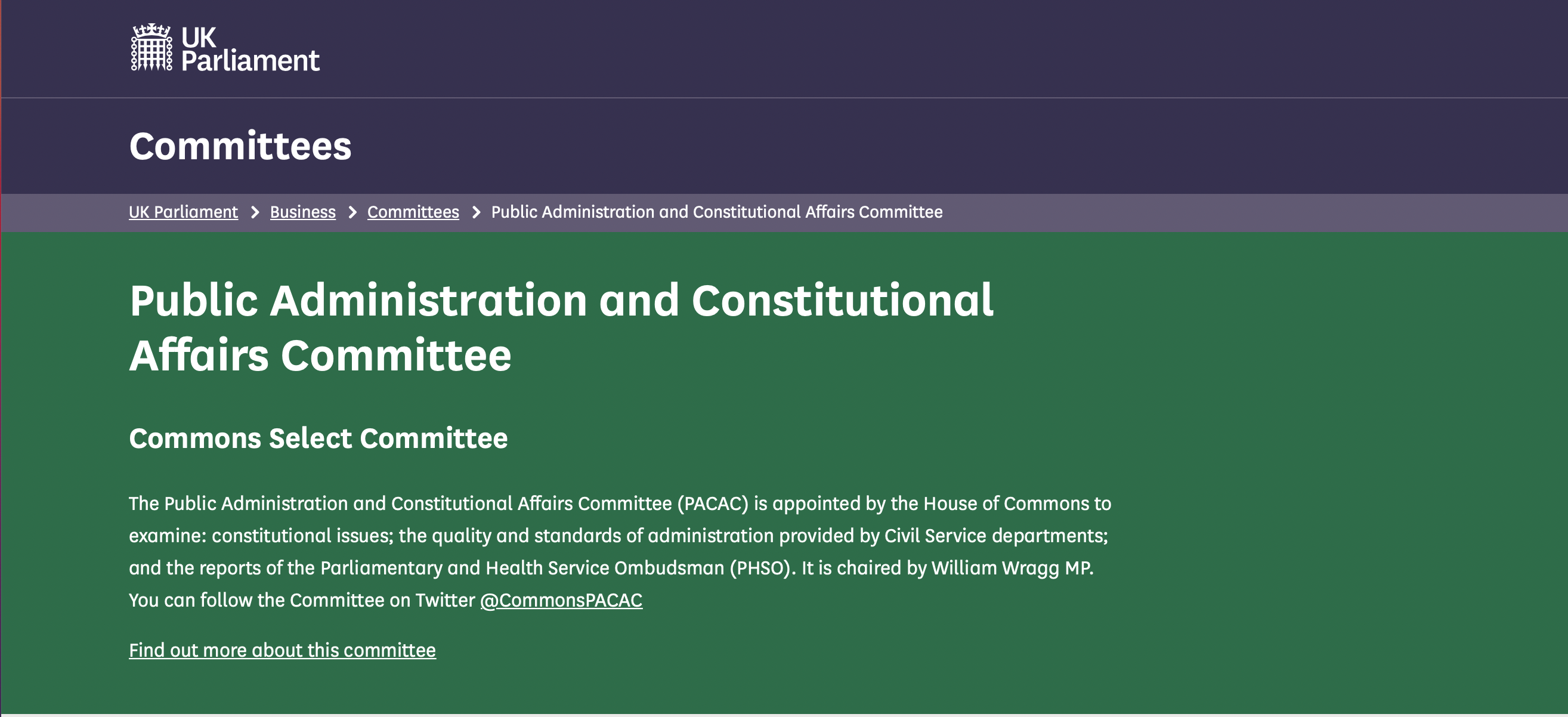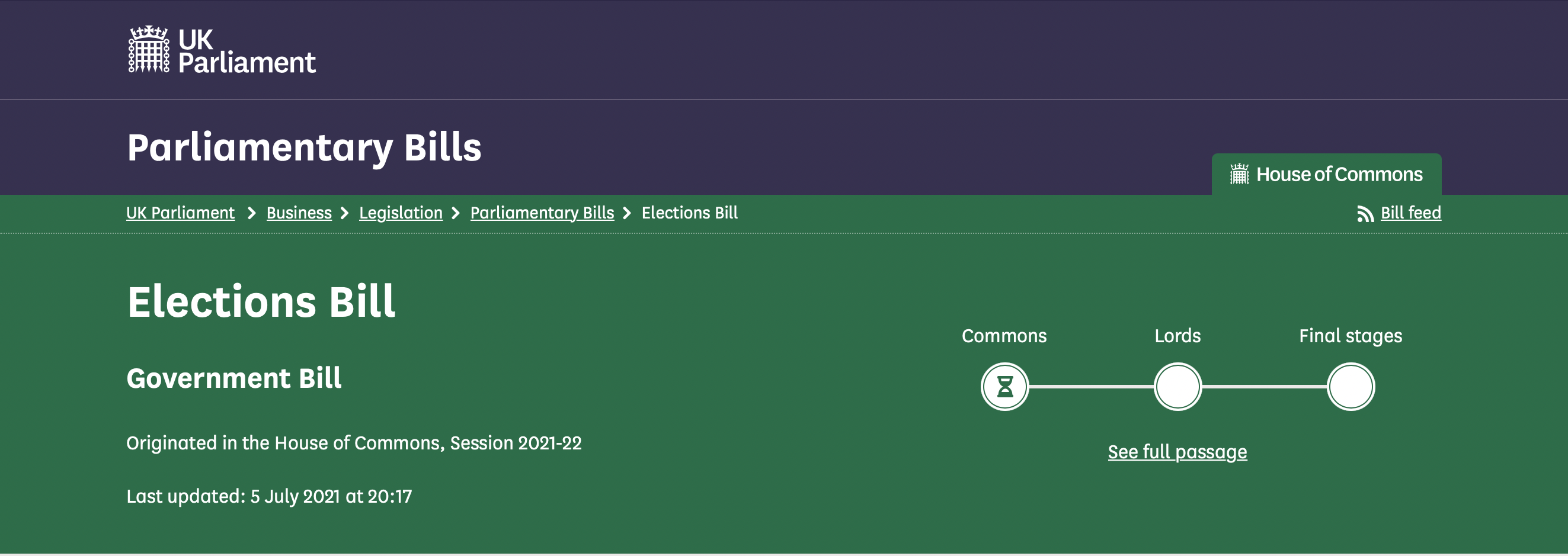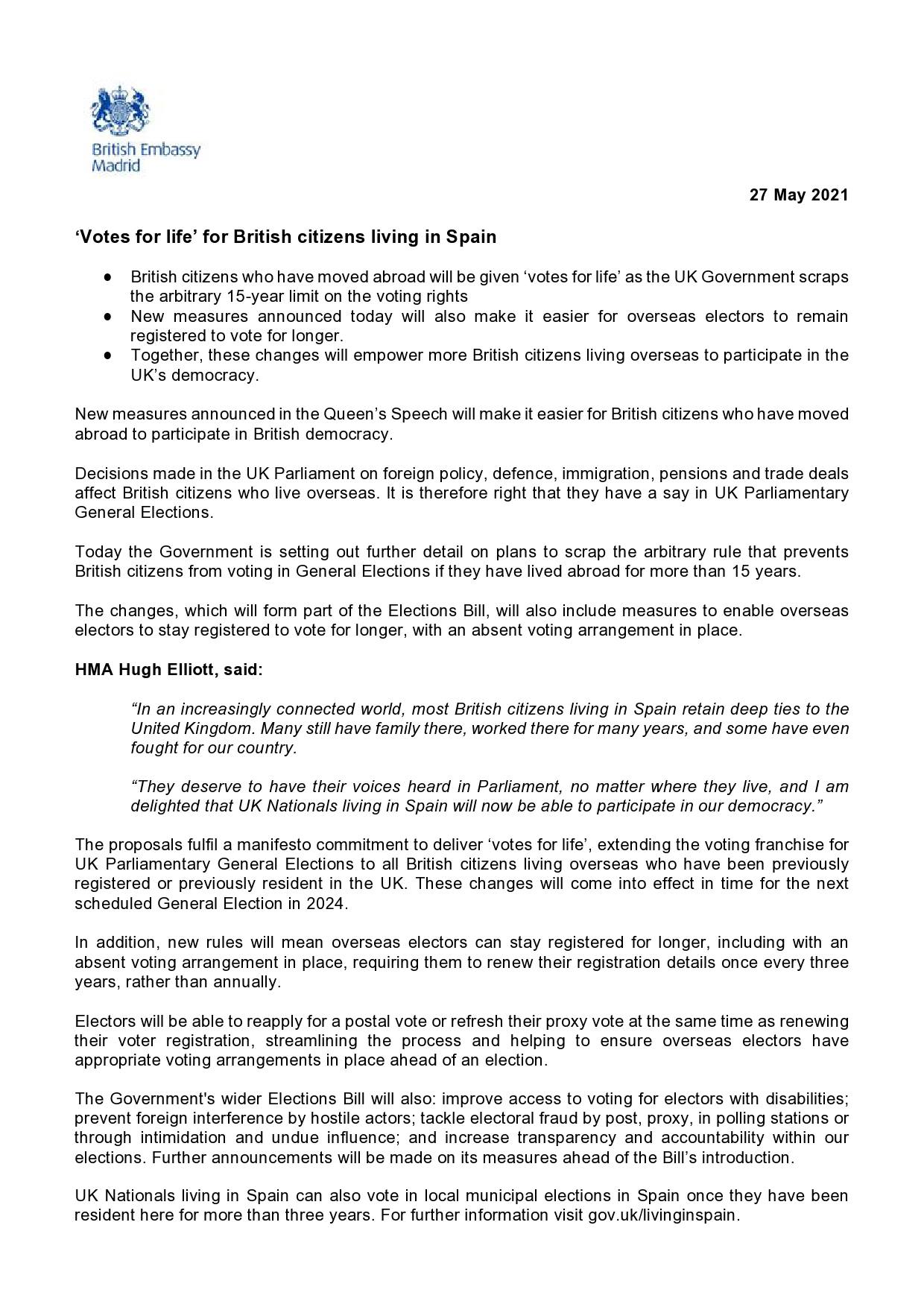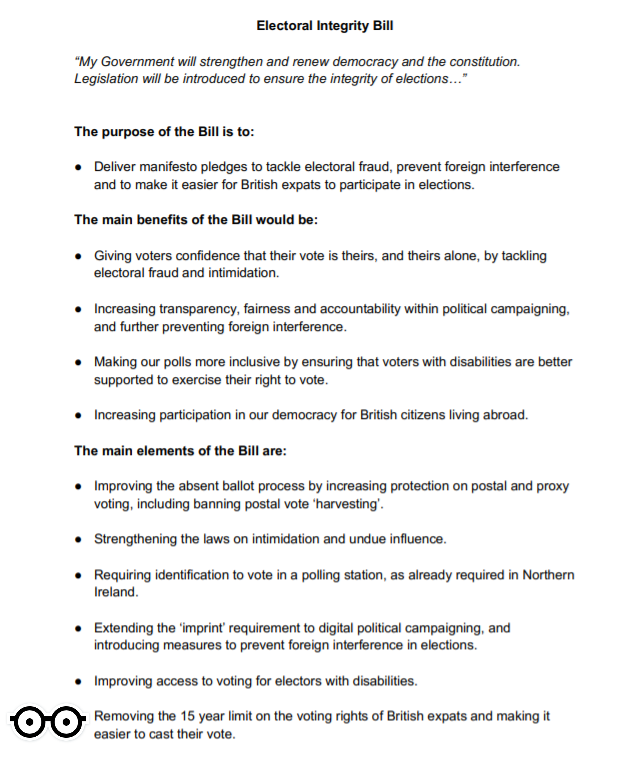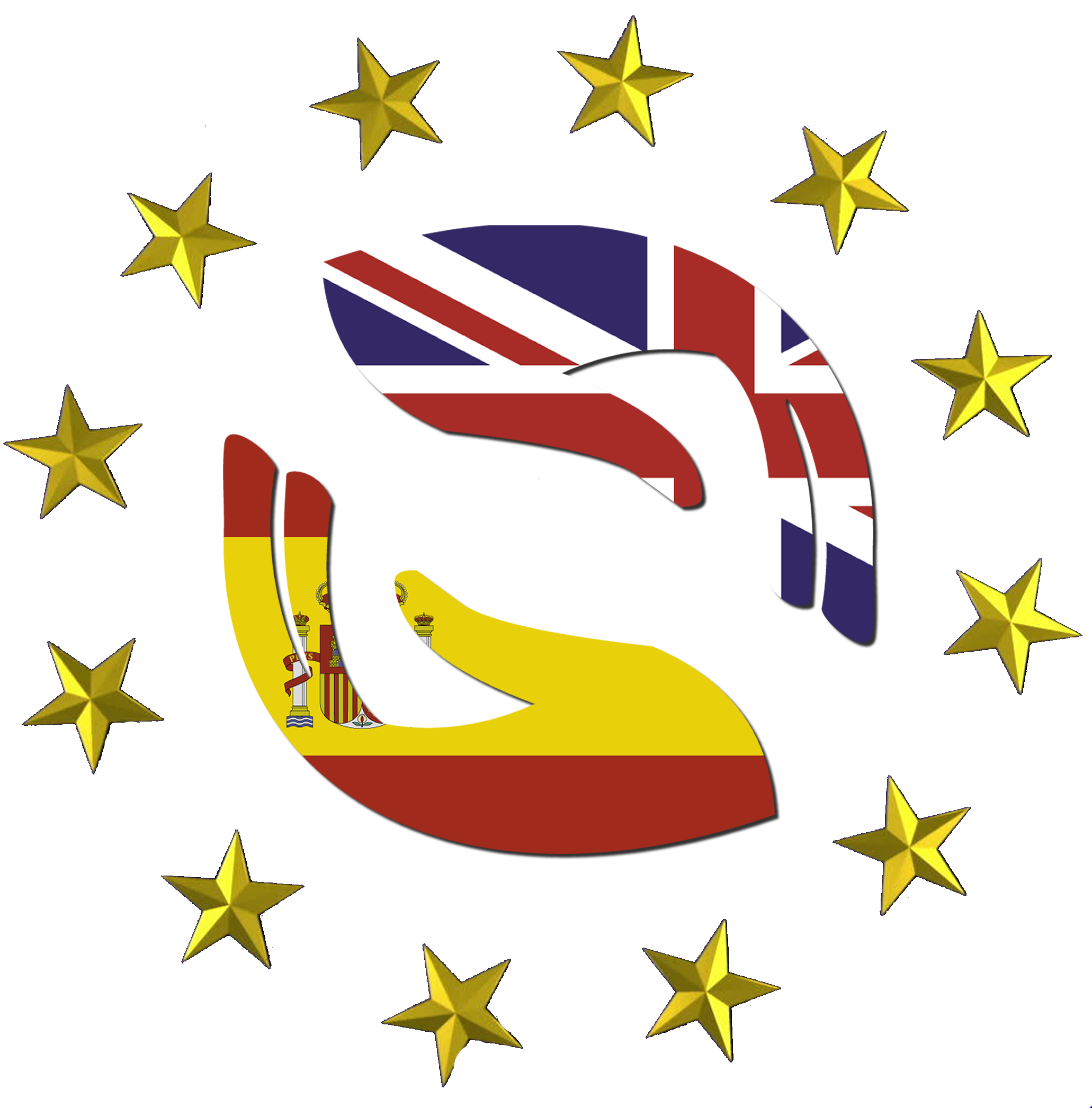
What’s in a flag?
EU flags lit up the Proms as far-right riots marred Westminster – two visions of Britain, one of unity, the other of hate, writes Bremain Chair Sue Wilson MBE for Yorkshire Bylines.
On Saturday 13 September, it was my pleasure to join the Thank EU for the Music team handing out EU flags at the Royal Albert Hall. In what has become an annual event, guests arriving for the BBC’s Last Night of the Proms were offered free EU berets and over 3,000 free EU flags; many even came prepared by bringing their own EU flags from home.
It was a pleasure to be there, to see so many EU flags & to talk to so many people that want to see us back in the EU.
@bremaininspain.com @euflagmafia.bsky.social
#thankEUforthemusic— Sue Wilson MBE (@suewilson91.bsky.social) 14 September 2025 at 12:19
EU flags at the Proms
The aim was to see thousands of flags being waved alongside the Union Jack during the Proms finale of Land of Hope and Glory and Jerusalem. Even the BBC’s blue lighting could not disguise the level of EU support or dampen the fervour of those expressing concerns about the damage of Brexit and the urgent need to rejoin the EU.
While our small, peaceful and friendly flag-waving efforts received no attention, the world’s media were out in force earlier in the day, covering flag-waving of an entirely different nature. Fuelled by hate, rage and in many cases alcohol, a record crowd of over 110,000 marched through Westminster for Tommy Robinson’s ‘Unite the Kingdom’.
Although small in comparison to earlier peaceful demonstrations against Brexit, war or hate, Saturday’s event was notable for the antisocial behaviour and for violent clashes with the police. Following the event, where 26 police officers were injured (four seriously), Assistant Commissioner Matt Twist said that 25 arrests had been made and more were expected over the coming days.
Hooliganism, not patriotism
According to the European Union, the EU flag symbolises “the ideals of unity, solidarity and harmony among the peoples of Europe”. The Union flag and St George’s flag, on the other hand, have taken on a new, more sinister meaning since being commandeered by the far right. Rather than demonstrating the patriotism that Robinson and his followers claim, the flag waving and flag hanging have become both a threat and a provocation – another weapon in the imagined war against anyone not recognised as part of their tribe. To be a member, it would seem, means being white, straight, and what the tribe determines to be British or English.
If that weren’t bad enough, some protesters – or to call them what they really are, hooligans – were seen carrying Christian crosses, adding religion to their long list of reasons to hate anyone who doesn’t look or act just like them. Of course, not all of the protesters are fascist and/or racist. But those who aren’t, seem more than willing to stand alongside those who are or to listen to speeches that most definitely were.
Drunken thugs doing more to dishonour our flag and our capital than any of their imaginary enemies ever managedpic.twitter.com/8Mtx0zfJWg
— Otto English (@Otto_English) September 13, 2025
Outside interference
As if we didn’t have enough home-grown fascists to deal with, the world’s richest man, Elon Musk, joined the rally by video link, calling for the “dissolution of parliament”. He told the assembled crowd he was appealing to British “common sense” and that “whether you choose violence or not, violence is coming to you”, adding, “you either fight back or you die”.
It’s unclear whether Musk provided any funding for Saturday’s rally, but Robinson has been funded by wealthy American far-right supporters in the past, including US tech billionaire Robert Shillman. Musk also helped revive Robinson’s fortunes in 2022 by reversing Robinson’s Twitter ban once he’d taken over the social media platform. Considering the scale and organisation of the London rally, it’s clear there was considerable funding behind it, even if the source of that funding remains unclear.
Elon Musk called for the “dissolution of parliament” and change of government in the U.K. during a far-right rally in London yesterday, speaking via video link.
— POLITICO Europe (@politico.eu) 14 September 2025 at 12:07
Divide and conquer
Ever since Brexit, the far right have successfully provoked dissent and division to satisfy their own political aims. Where once debate was possible between those with different views, now opinions are more entrenched, both with the public and with those who represent us. By making people feel that they must pick a side, the space for discussion – even on common areas of agreement – has shrunk.
Leaving aside the extremists, many have been drawn to the likes of Farage and Robinson because of their own very real grievances – grievances the right is adept at exploiting. Those in the political centre, and even on the left, share many of those same grievances – whether it’s the state of the NHS, the lack of jobs or affordable housing, the cost of living or concerns about immigration. What’s also common across the political landscape is a lack of faith in our parliamentarians to fix the problems, even if/when they accept that those problems exist
Land of Hope and Glory?
The Unite the Kingdom rally – and other recent activities by the far right – have made many feel uneasy about waving the flags of England or the UK. However, for many Albert Hall promenaders, there seemed a great determination to reclaim their own ideals and symbols of patriotism and the traditions of the occasion.
While many expressed their concern over earlier violent events in London, there was still a desire to cling to older, more familiar and certainly more acceptable ideas of Britishness. For many, that vision of Britishness would ideally include a return to Europe, as was evidenced by the number of attendees keen to fly both the Union Jack and the EU flag.
Of course, Elgar’s Land of Hope and Glory, even with its outdated theme of imperial pride, will always stir the blood for its melody, if not for its lyrics. But whether it will bring back the hope, the glory or the pride we once felt for our country remains questionable.
Never surrender our flag
Thankfully, if rather late in the day, Keir Starmer stated that Britain will “never surrender” our flag to far-right protesters, reminding the public that our nation was “proudly built on tolerance, diversity and respect”. The PM’s comments, while welcome, followed criticism that he had failed to condemn racist attacks or to defend those on the receiving end of far-right bile and violence. Starmer may feel comfortable with his new-found attachment to the British flag, but for us ‘woke’ types, the flag’s association with the far right has stolen any remaining pride.
By stark contrast, the attachment that British pro-Europeans feel for the EU flag – and to its association with peace, unity and solidarity – remains as strong as ever. So does our desire to see the UK returned to its former glory and British citizens returned to full EU citizenship status, reclaiming the benefits and opportunities we so greatly miss.
In the meantime, we’ll keep handing out EU flags and explaining to anyone willing to listen how to make Britain the land of hope and glory once more.
Encore!





